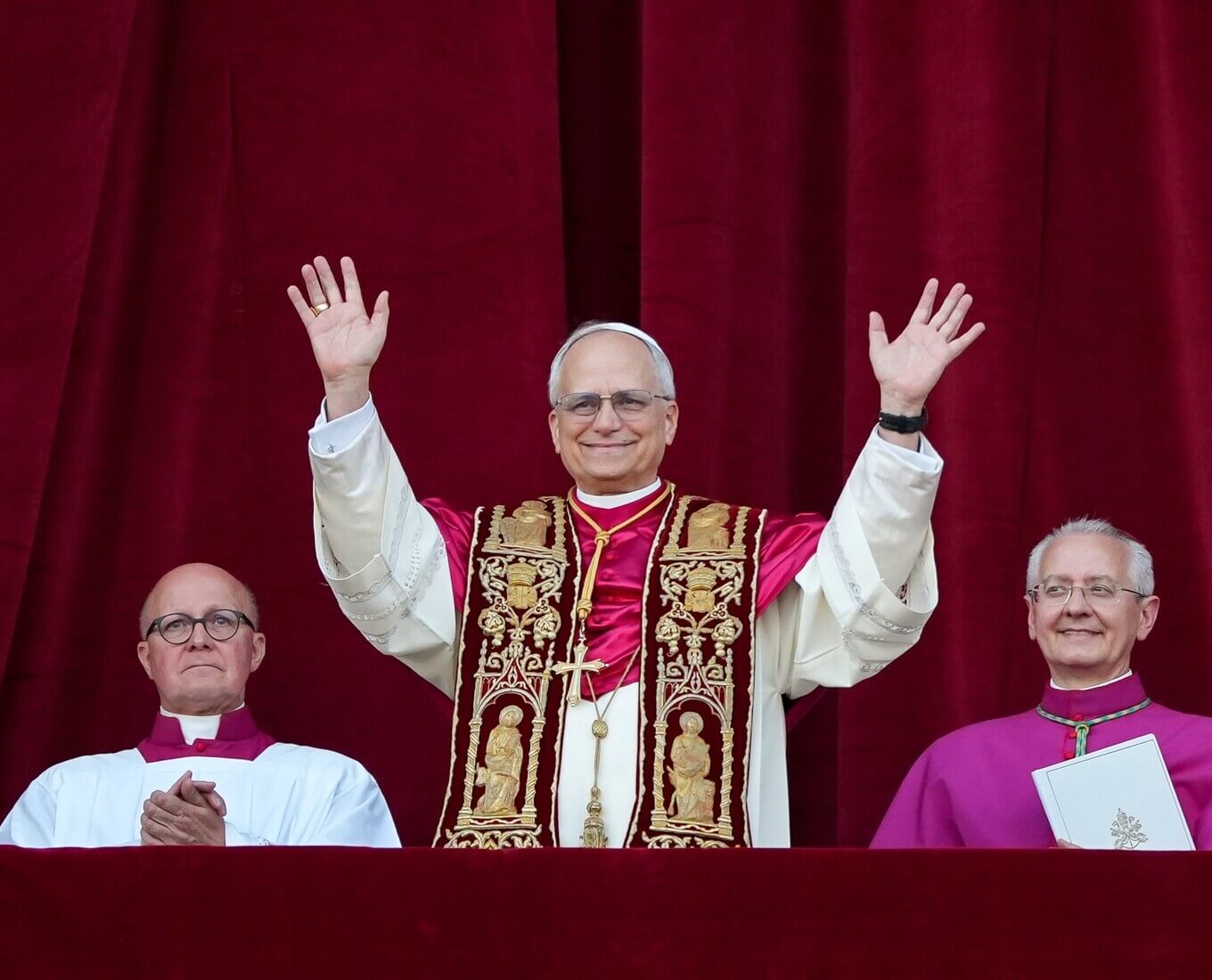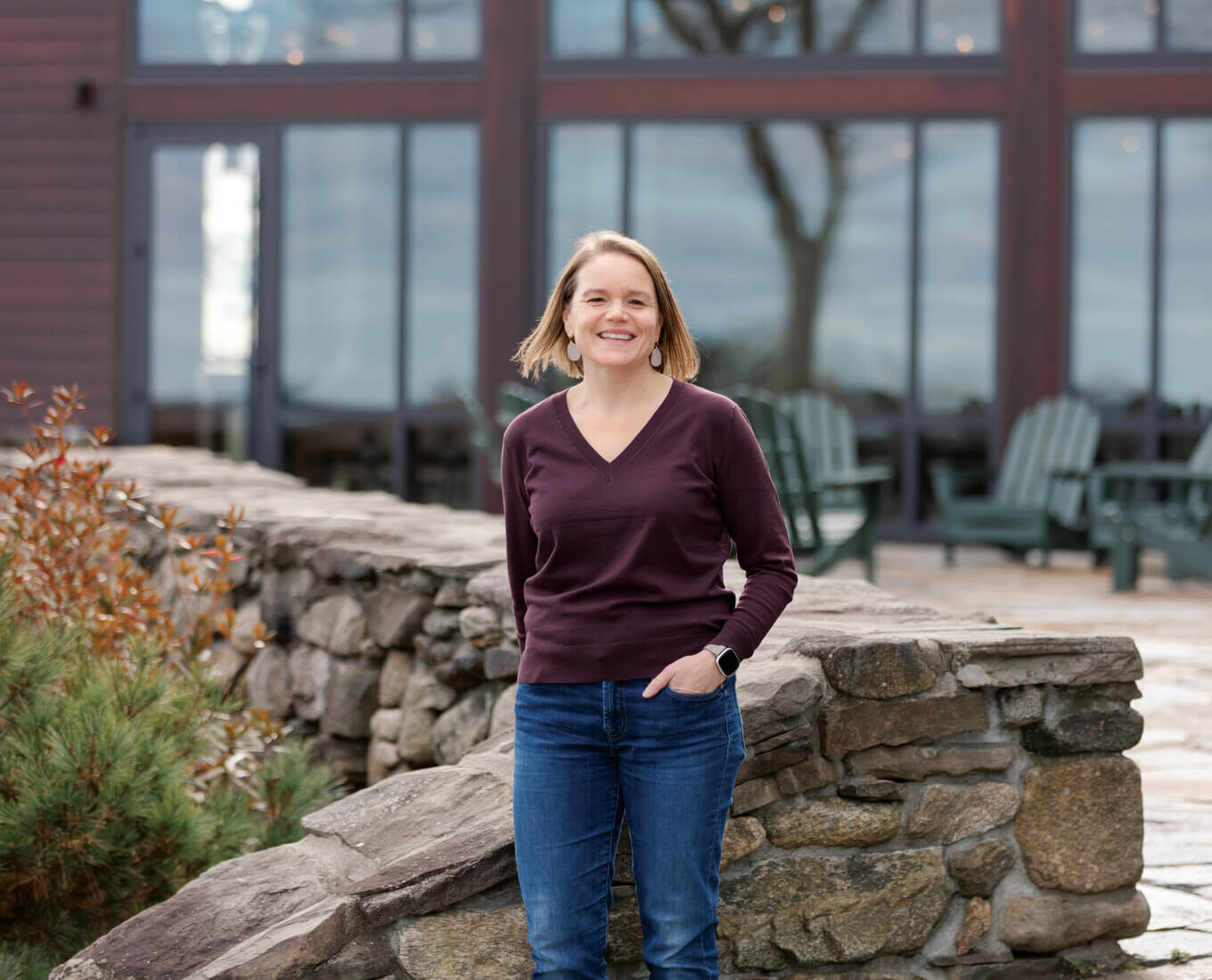 “It’s hard to understand a moment in history when you’re in it,” said Black Lives Matter activist Shaun King, speaking to the more than 500 students, faculty, staff, and local community members that filled the Hogan Ballroom and Seelos Theatre last Tuesday.
“It’s hard to understand a moment in history when you’re in it,” said Black Lives Matter activist Shaun King, speaking to the more than 500 students, faculty, staff, and local community members that filled the Hogan Ballroom and Seelos Theatre last Tuesday.
King spent his 60 minute lecture offering examples of slavery, genocide, racial profiling and police brutality to unpack the importance of understanding how injustice fits into human history.
“It is a misconception that because technology has been steadily advancing throughout history, so has humanity,” said King, senior justice writer for New York Daily News and prominent social media figure, invited by the Black Student Union as keynote speaker for Black History Month. “While technology continues to improve, humanity’s path doesn’t follow the same pattern.”
He pointed to two drastically different graphs projected onstage: one illustrating steady growth, and the other showing a series of random peaks and valleys.
The transatlantic slave trade, the Holocaust, and Jim Crow are examples of those valleys, or "dips," where the world was improving but humanity was declining, he said. No one would argue, he added, that enslaving humans or cultural genocide was "peak humanity," as a linear progression of humanity would suggest.
This awareness is the first, critical step in recognizing when we are in a dip, which humanity is currently experiencing, he argued. It is only then that humanity can organize in hopes of rising out of it.
After the violence seen throughout the country over the past few years, made exponentially more public and personal through its dissemination via social media, King noticed many people asking the same rhetorical question: “What is this, the 1960s?”
This is exactly the issue with our idea of human progress, King explained.
“It's not about asking, ‘Who would I have been in the civil rights movement?’ but rather, ‘Who am I tonight?’” he said.
In line with the evening’s theme of social justice and activism, one audience member asked King his advice on how people can work to climb out of this “dip.”
“Ask yourself, ‘What bothers me the most in this world?’” King responded. “And decide to be the change for that issue.”
This challenge is not foreign to Holy Cross students.
“What Shaun said in his talk had Holy Cross and Jesuit education written all over it,” said Robert Jones, associate director of multicultural education. “It reminded me of our Mission Statement: ‘To participate in the life of Holy Cross is to accept an invitation to join in dialogue about basic human questions: What is the moral character of learning and teaching? How do we find meaning in life and history? What are our obligations to one another? What is our special responsibility to the world's poor and powerless?’ Here at Holy Cross, we have to ask each other these questions and be engaged with one another. Like Shaun said, it’s about discovering your passion and then asking, ‘How can I really do something?’”
For Elena Ferguson ’17, King’s address offered practical suggestions on how to create change.
“In order to rise to that ‘peak’ of humanity or achieve any goal, one must employ time and effort, but most importantly strategy. These three elements are the type of organization necessary to make change happen,” she said. “I will carry with me post-graduation that no one can tell me to do this type of social justice, that I have to have the passion for it and that is what will sustain me.”
The talk was not only useful for students, but timely.
“After the recent election and the travel ban, the future of our country is uncertain and things are quickly changing,” Nicole Burshan ’17. “I feel like I need to make some sort of difference too, and I left Shaun King’s talk with a renewed sense of hope.”
Read the Telegram & Gazette coverage of the event on their website.
‘Decide to Be the Change’
Social justice activist Shaun King offers context, challenges students to address injustice
Read Time
3 Minutes

